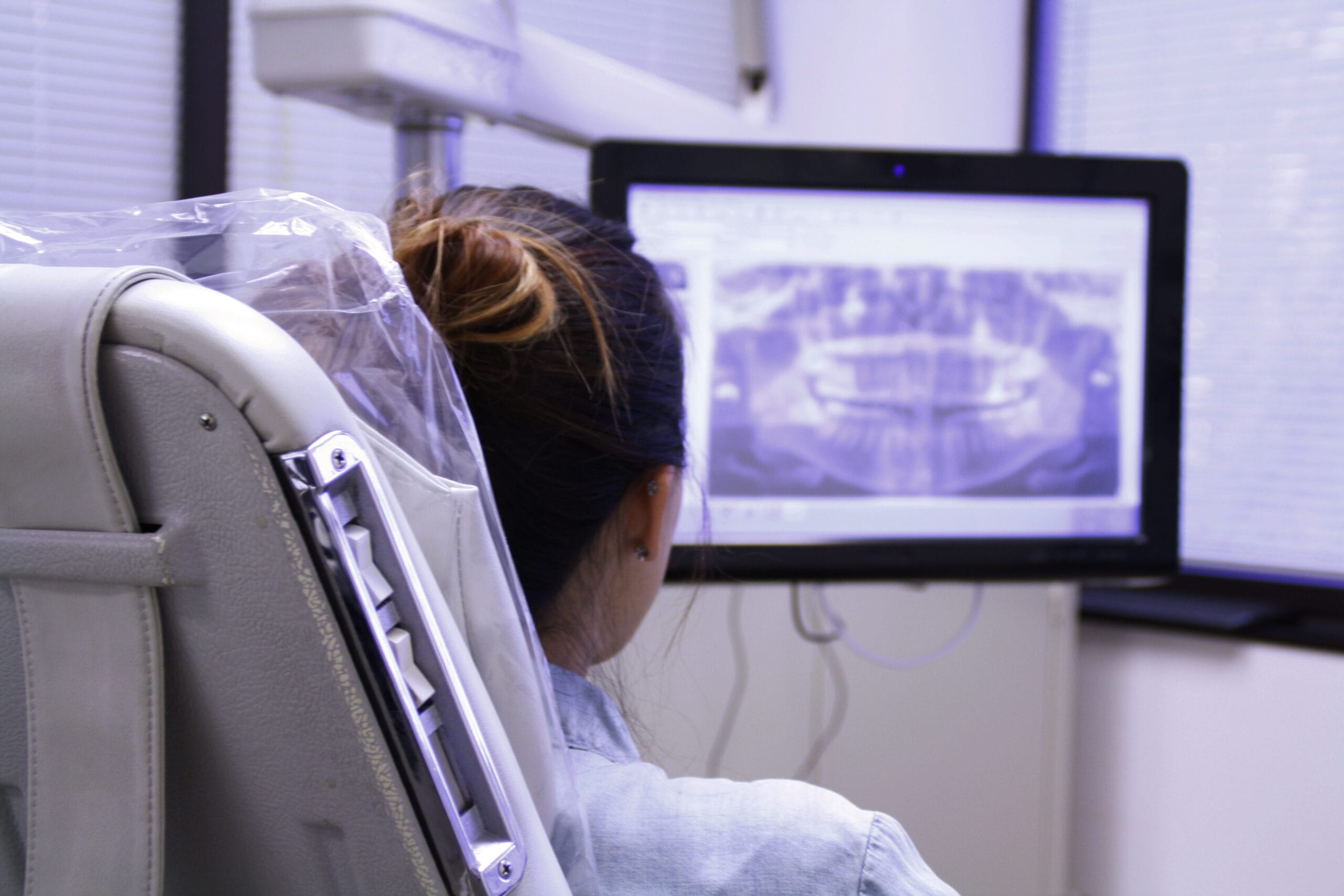
November 28, 2017
Advantages and Disadvantages of Selling to a DSO

Some of the main components of running a successful dental practice are excellent patient care, a professional environment, and friendly and competent support staff. But, there are a lot of other factors to take into consideration, such as location, insurance acceptance, marketing, human resources, filing and goodwill in the community. But with the main focus being excellent patient care, most dentists don’t have enough time or know how to run the business side of a practice. Sure, staff can help run the day-to-day operations, but the responsibility falls ultimately onto the dentist/owner. This is one of the reasons why dental service organizations (DSOs) have become reliable resources for dentists. Here are the advantages and disadvantages of selling to a DSO.
What is a DSO?
DSOs are independent business support centers that contract with dental practices in the U.S. They provide critical business management and support non-clinical operations. In short, they take care of the business things on the back end of dentistry. All DSOs are different and range in size from four to more than 900 practices.
Advantages and disadvantages of selling to a DSO
If a dentist is near the end of their career, looking to take some of the burdens of their practice but are not ready to retire, selling to a DSO might be right. A good DSO helps make the day-to-day operations easier so you only have to focus on the clinical decisions. They also can be a great resource with collections, supplies at reduced costs, strategic marketing and increasing profitability.
And if a dentist is approaching retirement, DSOs provide several benefits over selling to an individual buyer. Not only are DSOs willing to pay more than private buyers, but they also cash out with a higher evaluation and allow dentists to work the same or reduced schedule after the sale. Not only does this accelerate transition time, but selling to a DSO takes some of the unknown out of the planning.
But, DSOs aren’t just beneficial for retiring doctors. Doctors between the ages of 40 to 60 who plan to practice for another 15 to 20 years can sell to a DSO. For example, we worked with a doctor who was in his late 40s and plans to continue practicing dentistry for another 15 years. He is a great clinician, just not very business savvy. Therefore, he is looking for a DSO to handle the business side of things.
However, there are cons to such situations. Not all DSOs are well managed and operated. Some DSOs have been known to pressure dentists to work more than necessary. And if a DSO isn’t managed properly, the clinics contracted with them will not see lower costs or increased efficiency.
One of the biggest disadvantages of selling to a DSO is autonomy. When you sell, you are no longer the employer — you are the employee. Quite a few dentists dislike being part of a corporation that regulates their hours and workload.
You have options
In addition to selling to a DSO, you also have the option to sell to an independent buyer, simply slow down business, or bring in a partner or associate. While selling to an independent buyer is a great way to ensure you get a good price for your life’s work, it can take time. Slowing business down could cause income to drop. And bringing in a partner or associate is a lot of work and is only successful about 20% of the time. Selling to a DSO is simply another option.
What’s next?
If you are thinking about selling to one of the more than 350 DSOs in the U.S., you need to be sure it’s the right one for your practice. When we have worked with DSOs in the past, they always comment it makes it easier to have an intermediary. Similar to a person-to-person transition, working with a transition company facilitates the process from both sides. Contact us anytime to help navigate the transition process.